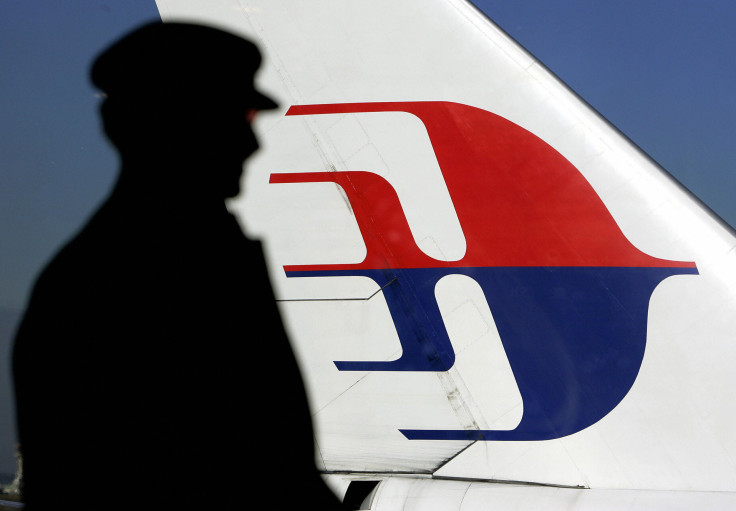MH370: Interim Report Finds Battery On Underwater Locator Beacon Had Expired

An interim report issued by investigators working to determine what happened to missing Malaysia Airlines Flight MH370 has revealed that the battery which powered the aircraft's underwater locator beacon had expired over a year before the flight's disappearance.
The revelation did not mean, however that the aircraft was without a functioning underwater locator beacon, as the battery in the beacon attached to the cockpit voice recorder had its battery replaced as scheduled.
The significance of the expired battery was that search and rescue teams may have had a reduced chance of locating the aircraft, even if they were within its vicinity, the Associated Press reported.
The error occurred as a result of a failure to update a computer system that is used to track and call out maintenance correctly when the underwater locator beacon was replaced in Feb. 2008.
While the beacon's battery was not replaced as scheduled, the report said that it was still possible for the unit to function past the expiry date on the device, but that it was not guaranteed to meet the 30-day requirement that safety regulations call for.
Most of the information contained in the report had been known before now. Investigators are obliged to release a report on their progress on the anniversary of the disappearance, regardless of what, if any, new information they have.
The sole objective of the investigation “is the prevention of future accidents or incidents, and not for the purpose to apportion blame or liability," the report said.
The report exhaustively details every aspect of the flight, including technical and maintenance data, air traffic control contacts with the aircraft, and the psychological profiles, family lives and financial affairs of the pilots and crew.
Of Captain Zaharie Shah, the report said: “The Captain's ability to handle stress at work and home was good. There was no known history of apathy, anxiety, or irritability. There were no significant changes in his lifestyle, interpersonal conflict or family stresses."
Investigators spoke with over 120 people in the course of their work, including aviation officials, next-of-kin of crew, refueler, flight caterer, aircraft cleaners, cargo operators and loaders, freight-forwarders, suppliers and consignees, the report said.
Dato Kok Soo Chon, the chief MH370 investigator, presented the report at a press conference.
"In the months ahead, the investigation team will need to analyze to draw conclusions and safety recommendations based on the factual information that has been gathered,” he said, adding: “In addition to the analysis and the conclusion phase of the investigation, steps taken will also include further validation of the factual information on emergence of new evidence."
© Copyright IBTimes 2024. All rights reserved.





















